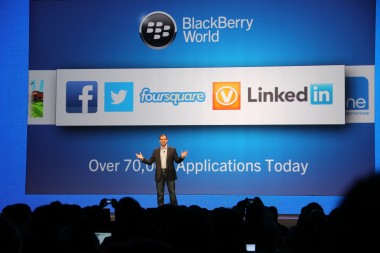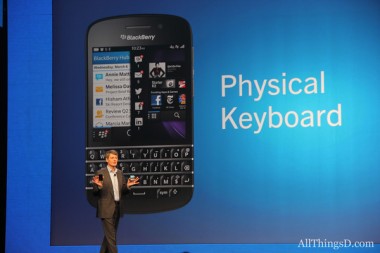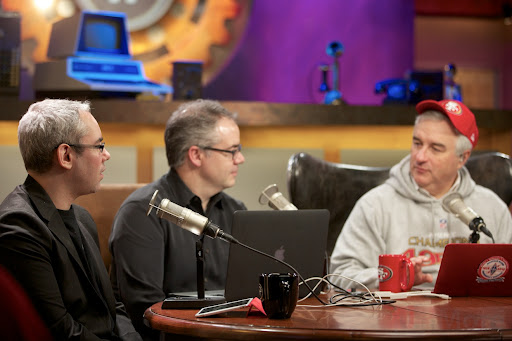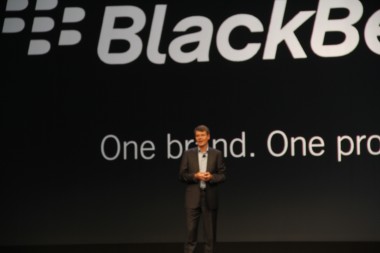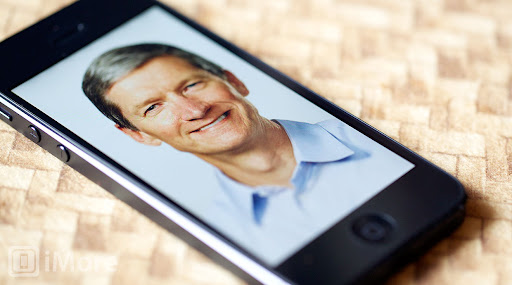Rebels are occupying Alawite houses in a region known for its tradition of sectarian coexistence in an offensive that looks likely to determine the fate of the country's cosmopolitan heart
The stone houses were half hidden amid the orchards, their doors kicked in and their walls scorched by flames. Every home in this tiny Alawite hamlet, amid the apple and plum trees, had been ransacked and abandoned.
"There were three families here until yesterday," said a young woman, a Sunni Muslim, pointing to her neighbours' homes. "Now there's no one left, not one."
The village sloped towards a river that had broken its banks a week before. Plastic bags and bottles hung in the trees, marking the line of the flood that coursed between the soaring cliffs of the nearby valley and then surged onwards, across the fields to Turkey.
The water reached so far, and so high, that it inundated the orchards. Mud still covered the road, exposing the footprints of the raiders who followed the flood. They were a far more formidable force even than the raging waters.
Scraped in charcoal on the wall of one house were three words in Arabic: Jabhat al-Nusra.
Until two months ago, locals in this corner of north-western Syria had not had to contend with the Jabhat al-Nusra organisation. Like much else about the war now crippling the nearby cities of Idlib and Aleppo, it was out of sight and out of mind, a distant bogeyman that posed little threat to this border town.
Then came a campaign by rebel units pushing south towards cities still controlled by the regime after almost two years of civil war. "That's when we first saw them," a rebel, Mahmoud Darwiche, said of Jabhat al-Nusra, which insurgent leaders simply call al-Qaida.
"They were good at first, quiet and respectful. Even now, they are still trying to behave. But they will kill any Alawite fighter they capture."
Until December, the town of Darkoush was roughly divided: the north supported the opposition while the south supported the regime; the frontline was marked by a line of ransacked security buildings.
Now, it is a staging point for a coming battle in the mountains to the south, a battle that will decide the fate of Syria's cosmopolitan heart.
Rebel leaders are preparing what they say will be imminent attacks on regime cities. Jabhat al-Nusra is also making plans, with new arrivals to the group turning up on most days over the past few weeks. Some are taking over empty Alawite homes near Darkoush; others are pushing south to frontlines near Latakia.
Al-Nusra fighters like to see themselves as being everywhere but nowhere. They play willingly to the regime characterisation of them as phantom-like figures who can outmanoeuvre the Syrian military. And they are now more evident than at any time in this war.
The al-Nusra member the Guardian met had not been expecting strangers. His head swathed in a black turban, and with a Kalashnikov strapped to his chest, he walked slowly down a potholed road towards us before stopping warily several metres away. He scanned us purposefully from head to toe, inhaled deeply, then said: "What's going on?"
The American-accented English was as much a surprise as finding him there in the first place, living in a house next door to the main rebel outpost in the region, along with 20 or so other members of the group at the vanguard of the fighting.
His opening remark was less an icebreaker, however, than the beginning of an interrogation. For 40 minutes, sometimes chilling, sometimes charming, he tried to gauge our provenance and our reason for journeying south into Jebel al-Krud, the giant plateau that soars above Latakia and Tartous to the south.
The region is steeped in Islamic history, and has a tradition of sectarian coexistence. About 800 years ago, the Islamic warrior Salah al-Din - a Kurd better known to Europeans as Saladin - used the mountains and valleys of the area to prepare to battle the Crusaders. Kurds travelled with him from what is now northern Iraq, and settled here. Christian and Alawite communities are also long established.
Our interrogator eventually offered tea. "You do not share my ideology," he said. "But you are here on humanitarian grounds." The concession amounted to a travel pass. "Where is your flak jacket? We have an obligation before God to do what we can to protect ourselves," he said, pointing at the camouflage vest covering his shirt. "So should you."
Sheer cliffs climbed vertically from the first stretch of the road south, soon giving way to plunging, emerald ravines still flush with blue floodwaters. Villages peppered the hilltops, grey blobs against an iridescent green whenever they emerged from the fog.
Around one bend, white crosses jutted starkly from the graves on a hilltop. This was the Christian village of Jdeida, on the edge of Idlib province and Jebel al-Krud. Barely a home here had escaped shell damage since it was taken by rebel groups six weeks earlier. And next to none of the locals had remained.
One family had stayed behind. "We don't have an option," the elderly Christian man said. "The situation is as you see it. This is the first time there hasn't been shelling here in more than a week. We haven't seen the sun or sat in our garden in all that time."
The man's wife picked an orange from the tree at the centre of the courtyard and offered it on a silver tray.
His 90-year-old mother sat on a stone wall, her left eye red with a chronic infection, her right streaming with tears. "We can't go anywhere to get medicine," she said between sobs. "We are not with anyone, my son. We are too old for this. Please let it end."
Neither side seems to have any will to bring the war for the mountains to a close. Further up the hill, the town's church stood empty and barricaded, part of a wall hit by a shell. And from the bell tower, rebels pointed out the next target in their seemingly relentless sweep to the east and south, the town of Yaccubiya.
"We have a very big problem with this town," said the leader of the military council in Idlib province. "These Christians are our friends. We have lived with them for a long time, and we respect them. But the regime has put weapons in the cathedral there. We don't want to attack it but we know we must."
Purple-grey smoke from at least a dozen cigarettes and a wood-burning stove swirled around the room. The 10 or so men sitting cross-legged on the floor seemed to crouch ever lower as the haze descended before one finally opened a window, letting in a shock of frigid air.
"We have asked the Christian authorities," the rebel leader said as the smoke cleared. "We have even asked the priests in the north what to do. One gave us his permission to attack the town; another said not to. We want some guidance. Will the west talk to us about this?"
On Sunday, rebel reservations about Yaccubiya were set aside. The Free Syrian Army, which acts as an umbrella group for all the rebel groups except al-Nusra, announced the town had fallen. "There are only two old ladies left in the town," said a rebel leader, Abu Ghaith. "And, praise be to God, the church was not damaged. They ran away."
Evidence of the regime forces' flight from the villages of Jebel al-Krud is everywhere. Along a highway near another Christian village, al-Ghassaneyah, scores of makeshift graves have been dug for Syrian army soldiers killed in battles for nearby areas.
Several dozen destroyed armoured personnel carriers, lorries and tanks dot the roadside. Torched and rusting formations of armour mark overrun checkpoints that not long ago were part of Latakia's ring of defence. Battleground Christian and Alawite villages are largely abandoned. Al-Nusra had not looted the homes of Christian families who had fled, said Abu Ghaith. "They are being careful about them," he said. "But they do whatever they want with the Alawites."
Resentment of the minority Alawite sect, to which Bashar al-Assad belongs and from which he draws his power, is close to universal among rebels in the area. However, while non-jihadists dislike the Alawites because of their links to the regime, al-Nusra's distaste centres on their beliefs.
"They see them as Shia, as heretics," said a rebel fighter who called himself Abu Hamza, standing near a roadside butcher. "I am from here, and I have never got to know them. They have always kept to themselves. They are very insular."
Hamza wore his beard in the style of a Salafist Muslim, black and low and without a moustache. "People often think I'm al-Qaida," he laughed. He then reached into the left breast pocket of his ammunition vest and pulled out a Bible. "It's for you," he said. "I have a Qur'an in my right pocket, and I want to get a Torah for here," he said, pointing at an empty pocket on his hip.
"This area was built on the religions of the book, and it will stay that way, God willing."
Over a ridge ahead, tank shells rumbled in a rebel-held village on the edge of Jebel al-Krud and Latakia. Another two families, their battered cars laden with overflowing bags of belongings, moved slowly north along the deserted highway.
Night was drawing near when a driver stopped in the gathering dark to ask about the way ahead. A cross swung from his rear-view mirror. "Don't be afraid, my brother," a bearded rebel said. "God is with you, just as he is with us."
The rebel looked at his feet and said: "When the people come back, after we win, it will be like it was before. They will buy meat for us, and we will visit them for Christmas.
"But we can't let things get worse than they are here, because people who have known each other for ever may lose their trust. This was the Syria of our dreams."
